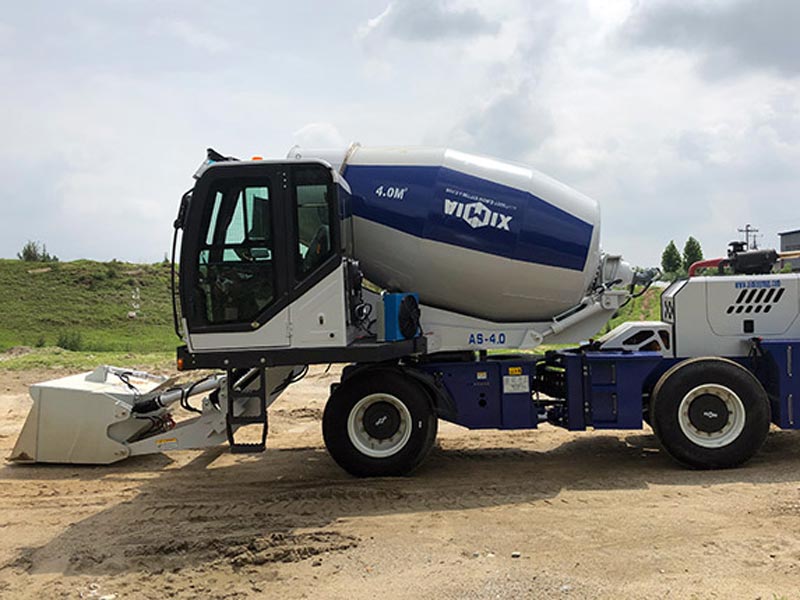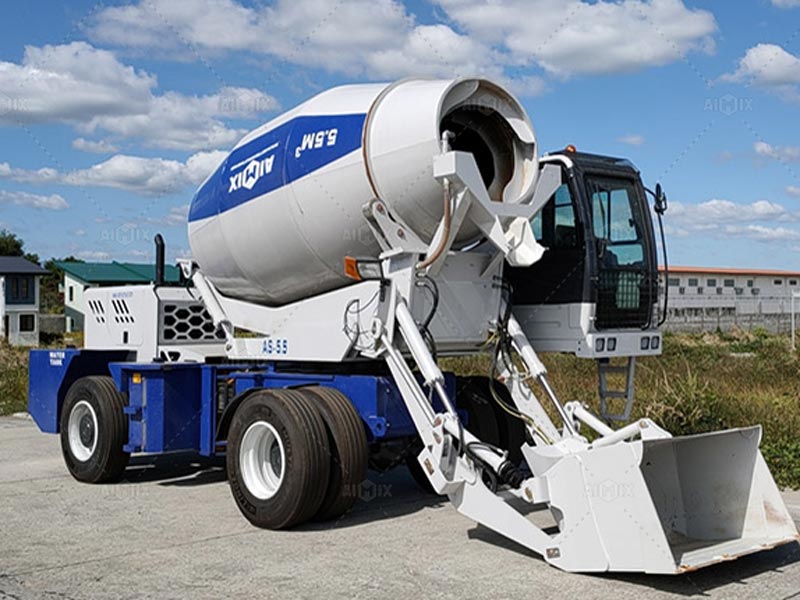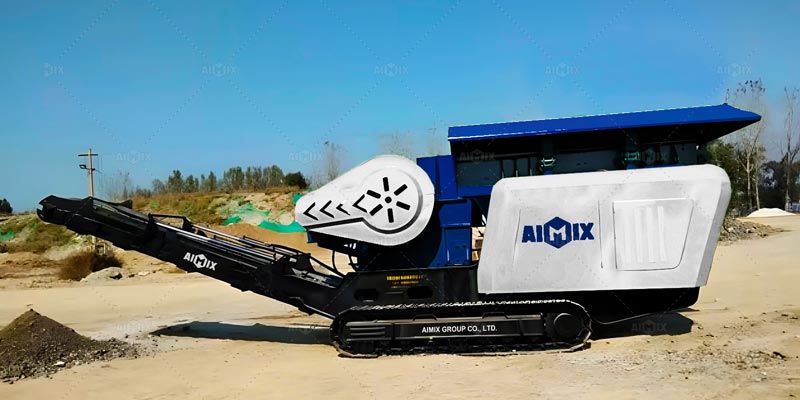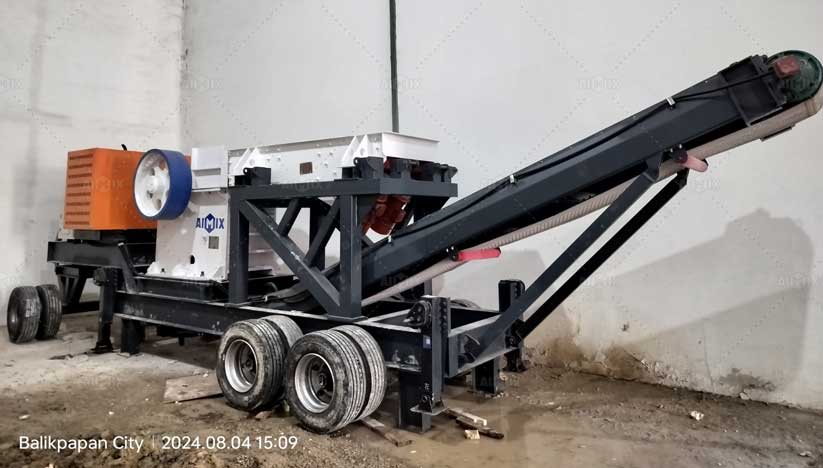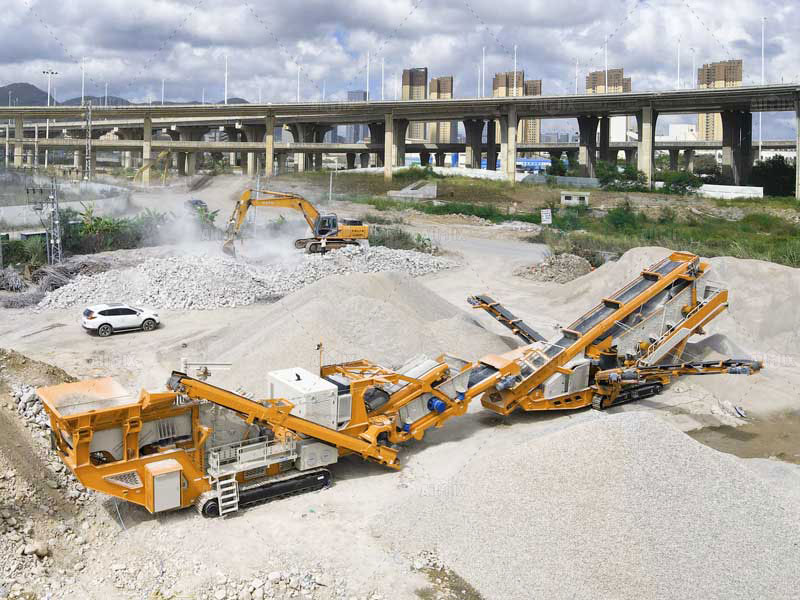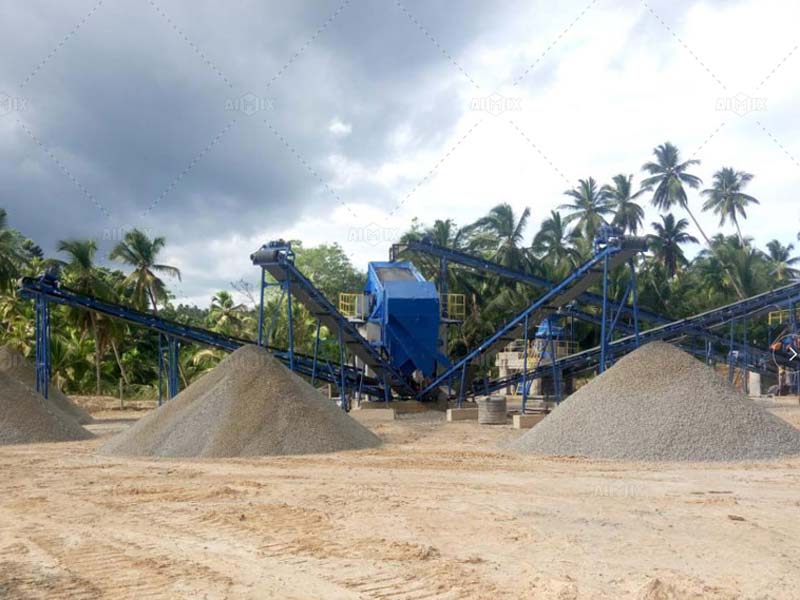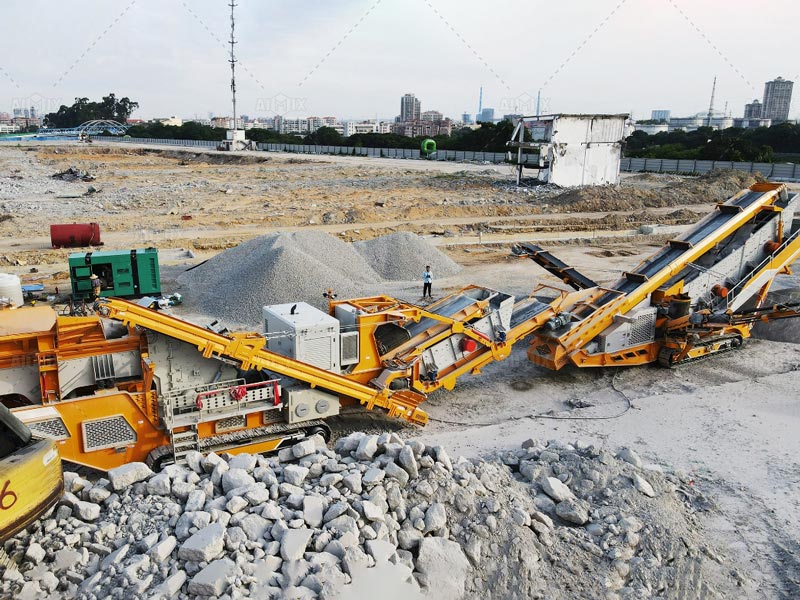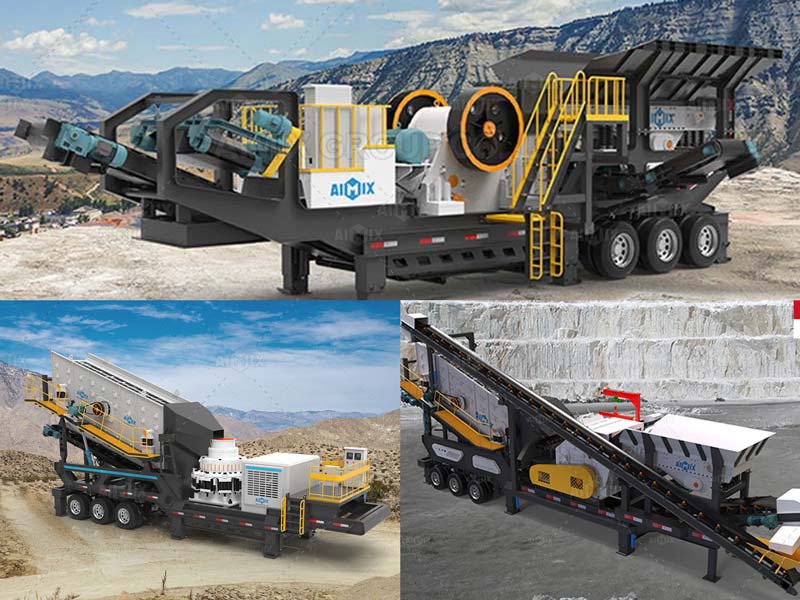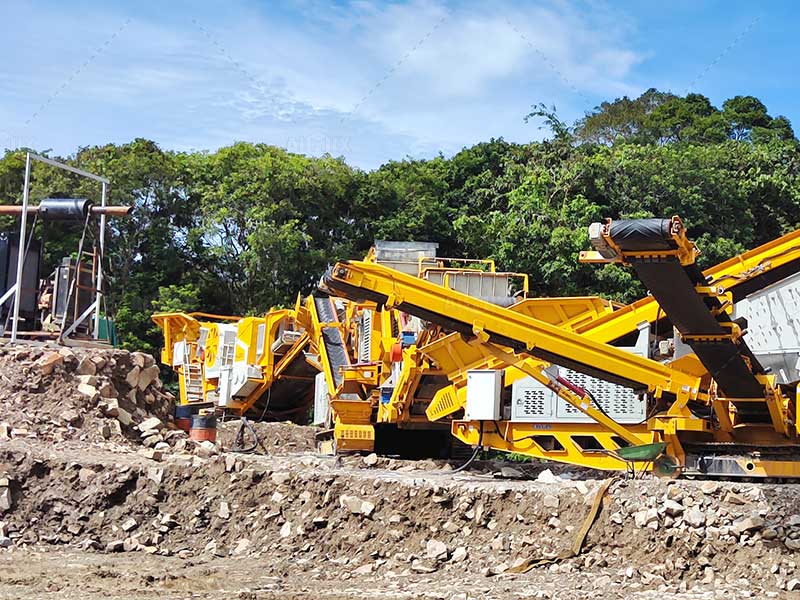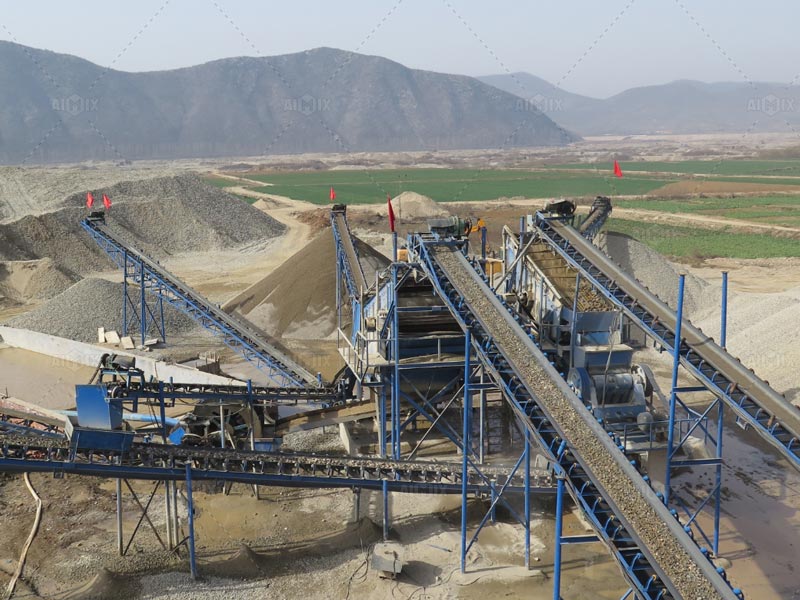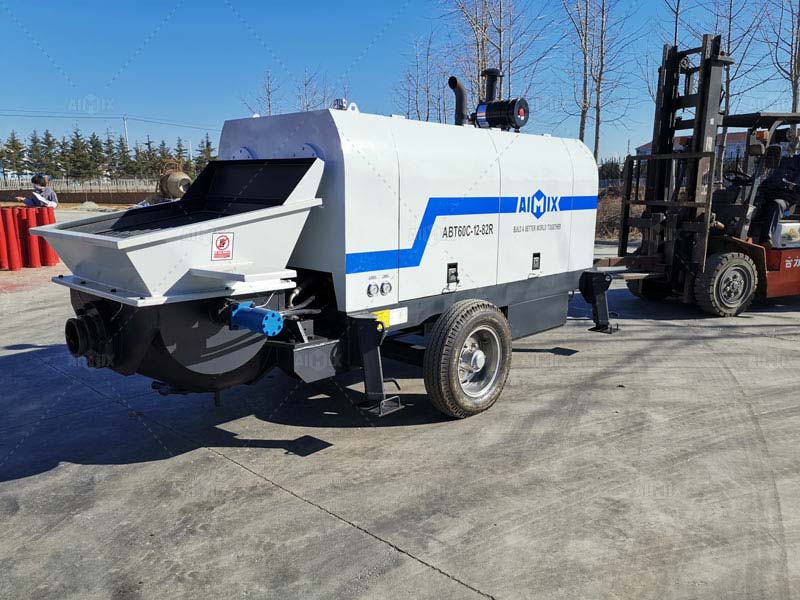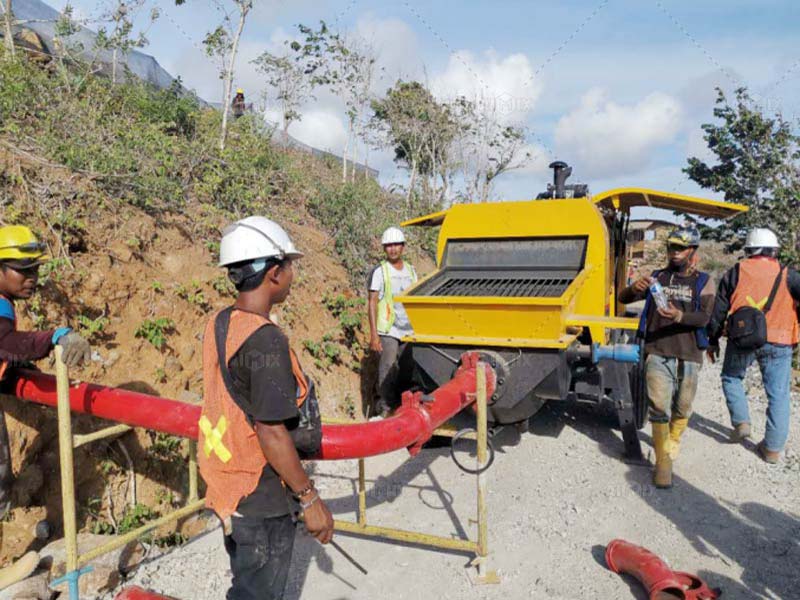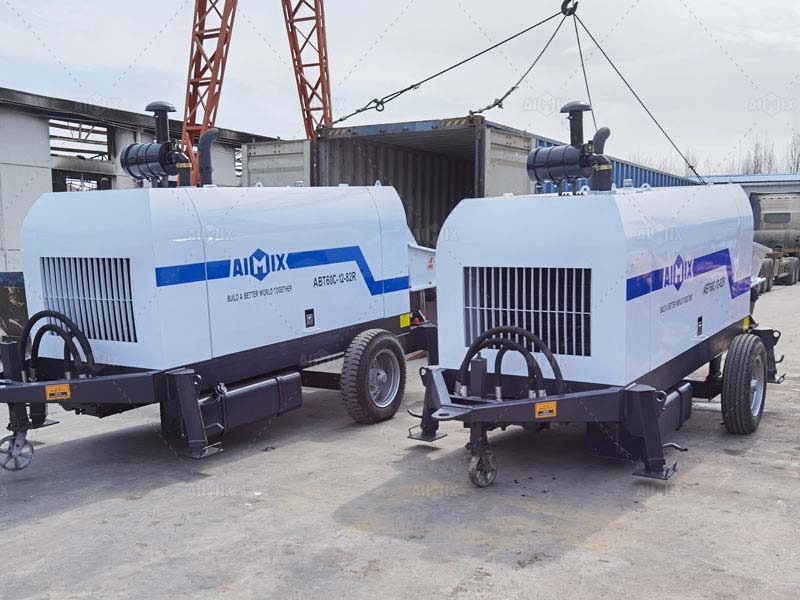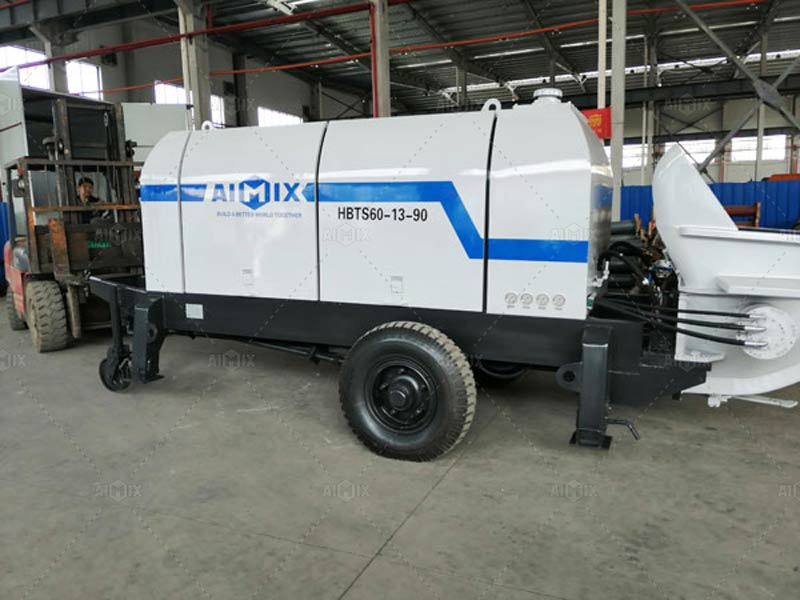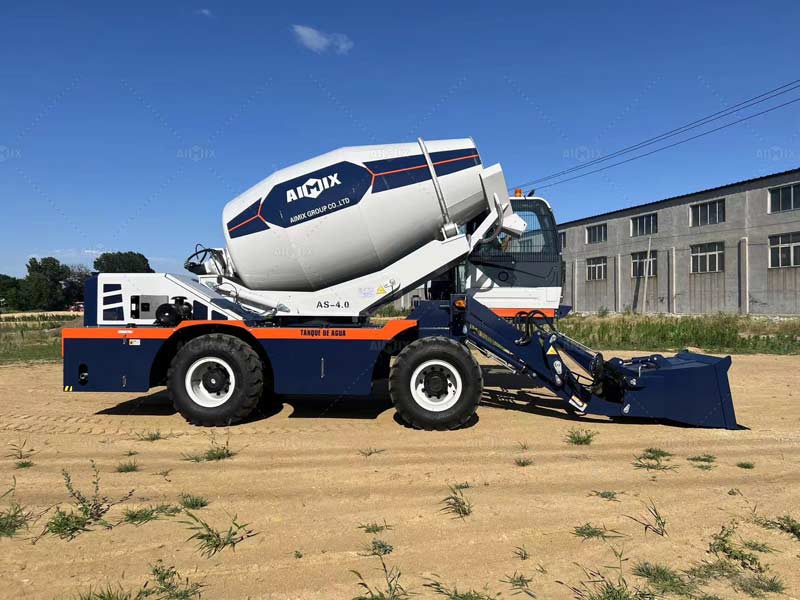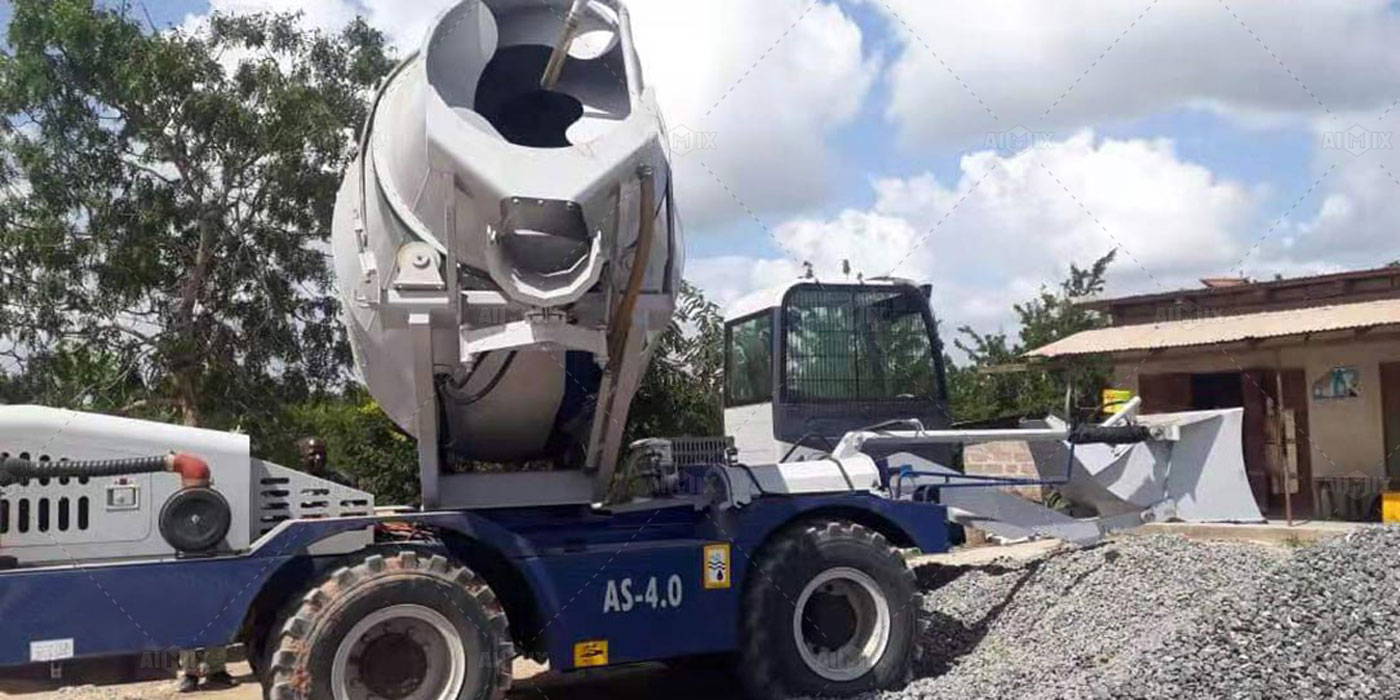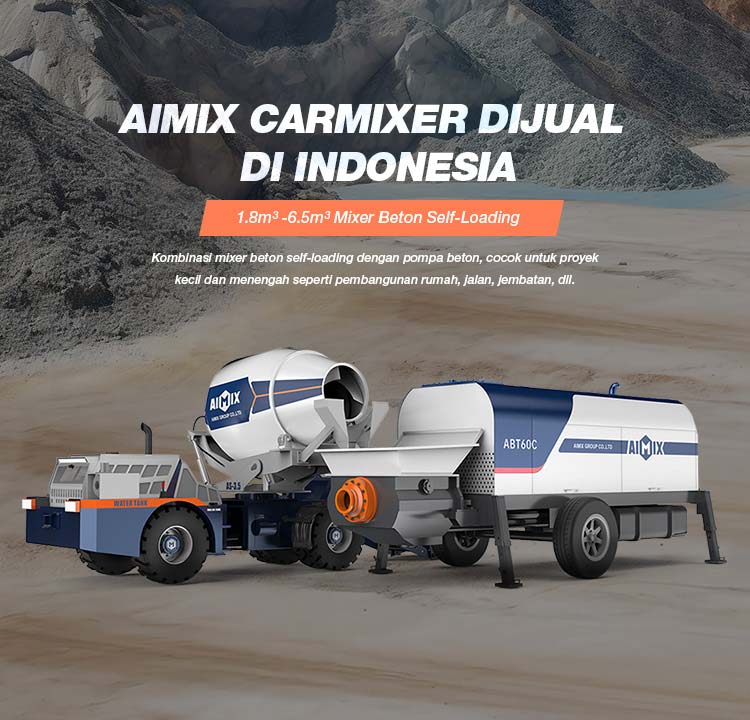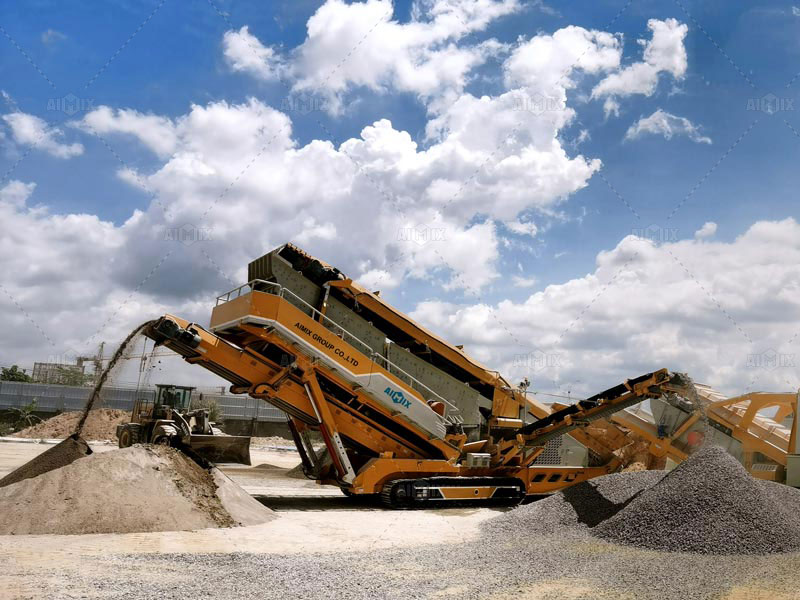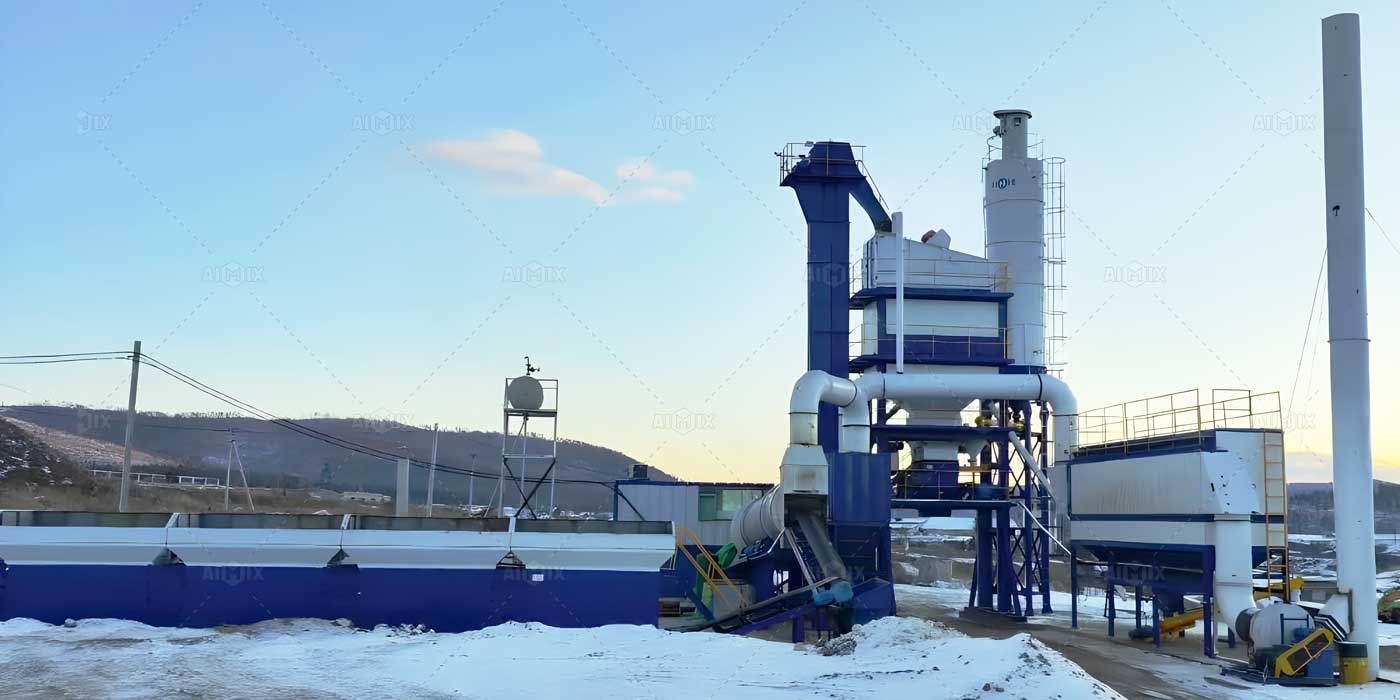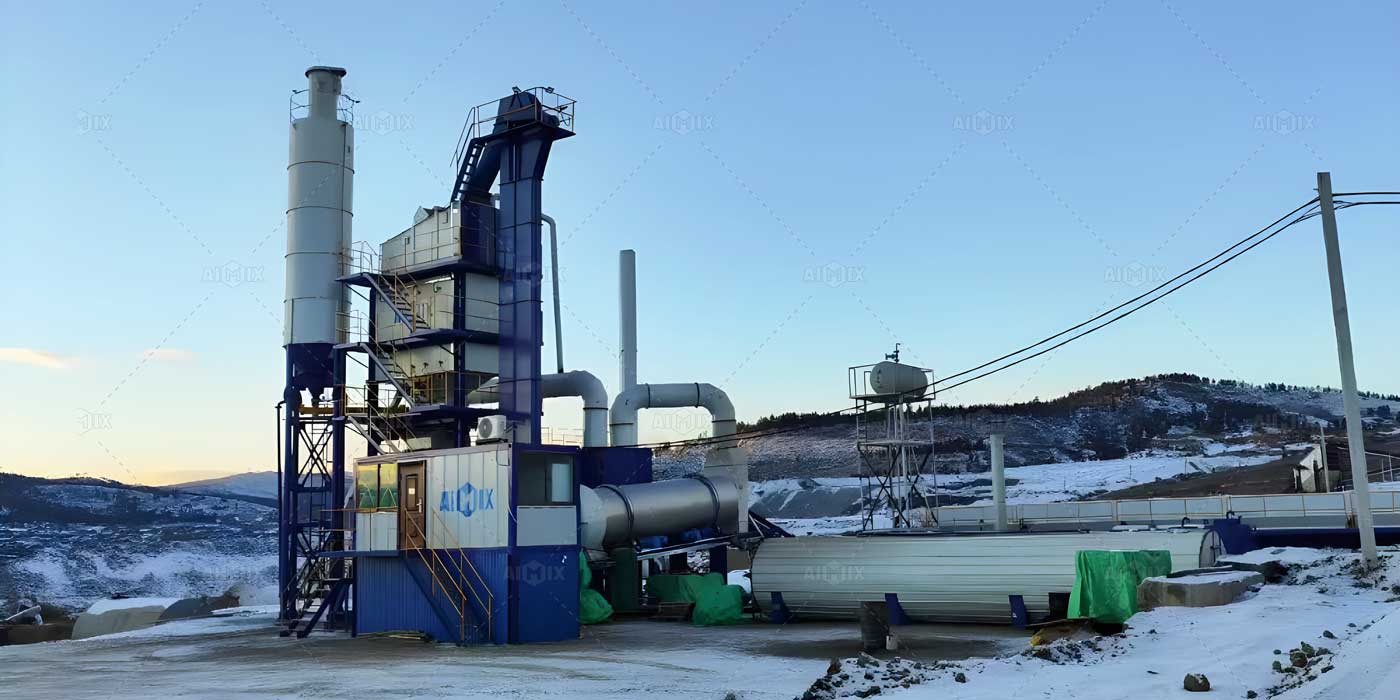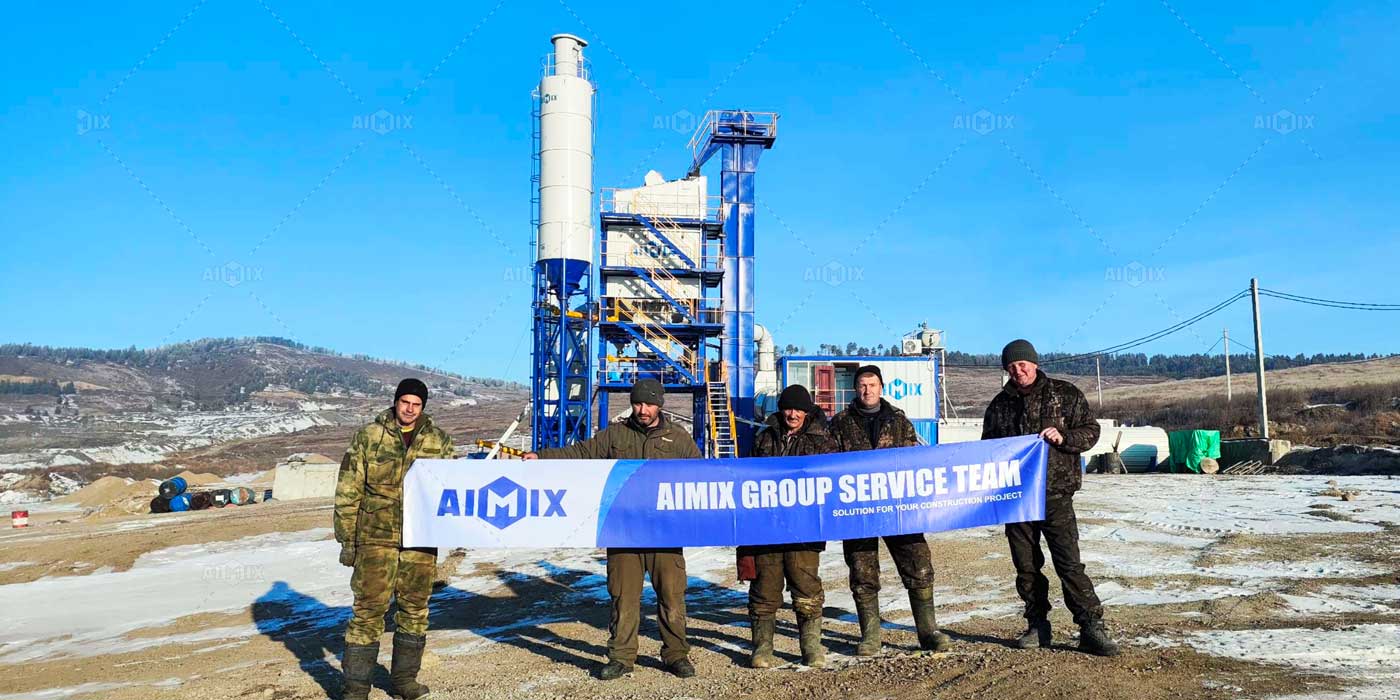Stone crusher plants play a vital role in Indonesia’s infrastructure and mining projects. The output quality and efficiency of these plants directly impact project timelines and budgets. Understanding the factors that influence these aspects is crucial for contractors and investors. This article explores key elements that affect crusher plant performance and how to optimize them.
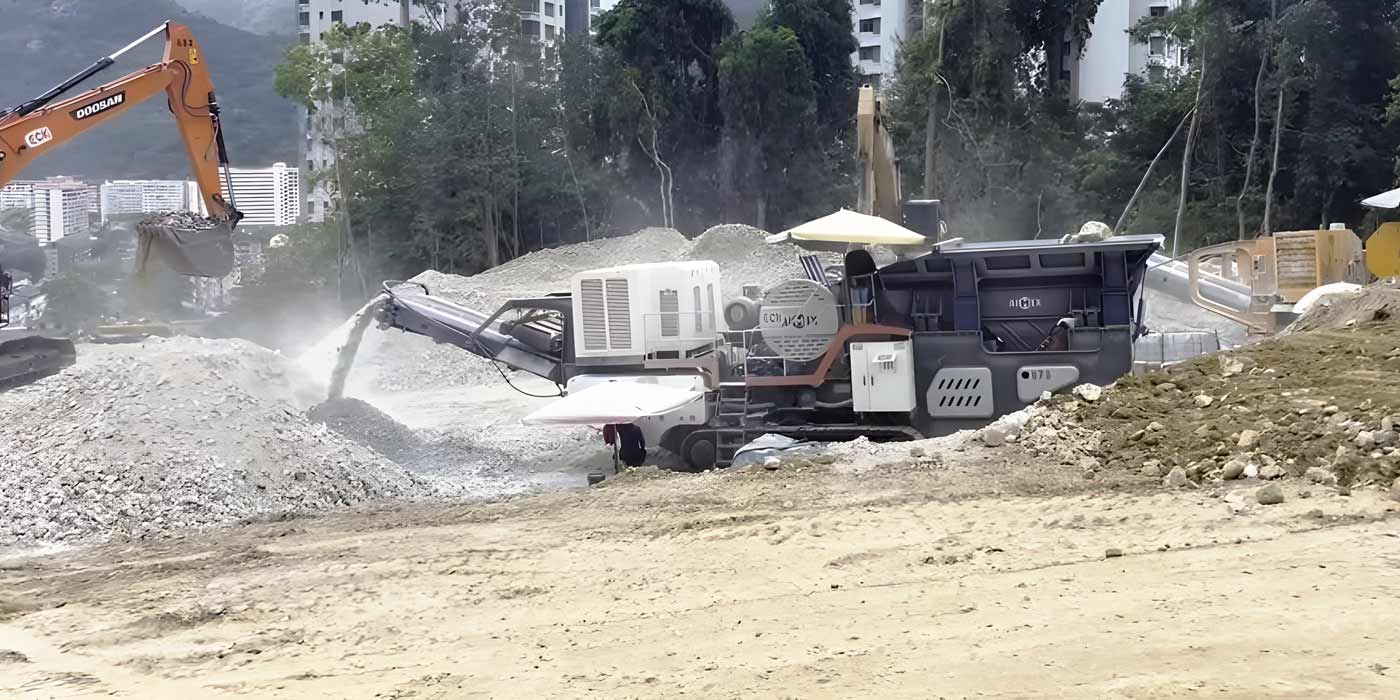
1. Raw Material Characteristics
The type and quality of raw materials significantly affect a crusher plant's output. Harder materials like granite require more energy and time to process, reducing efficiency. On the other hand, softer stones, such as limestone, are easier to crush and yield higher outputs.
Inconsistent raw material sizes can also cause issues. Oversized rocks may clog the crusher, leading to downtime. Pre-screening and sorting materials ensure smoother operations.
Solutions for Material Challenges
Investing in high-quality pre-screening equipment can help minimize issues. AIMIX provides advanced solutions for material preparation, ensuring your mesin stone crusher pemecah batu operates efficiently with consistent results.
2. Equipment Quality and Maintenance
The performance of a stone crusher plant heavily depends on the quality of its equipment. Poor-quality machines may break down frequently, causing delays and higher costs. Regular maintenance also plays a vital role in ensuring consistent efficiency and preventing unexpected failures.
Using advanced technology in crushers, such as hydraulic systems and automated controls, can enhance productivity and reliability.
Importance of Maintenance Practices
Scheduled maintenance ensures longer equipment life and reduces the risk of breakdowns. AIMIX offers robust, durable machinery designed for high performance and easy maintenance, tailored to Indonesia’s needs.
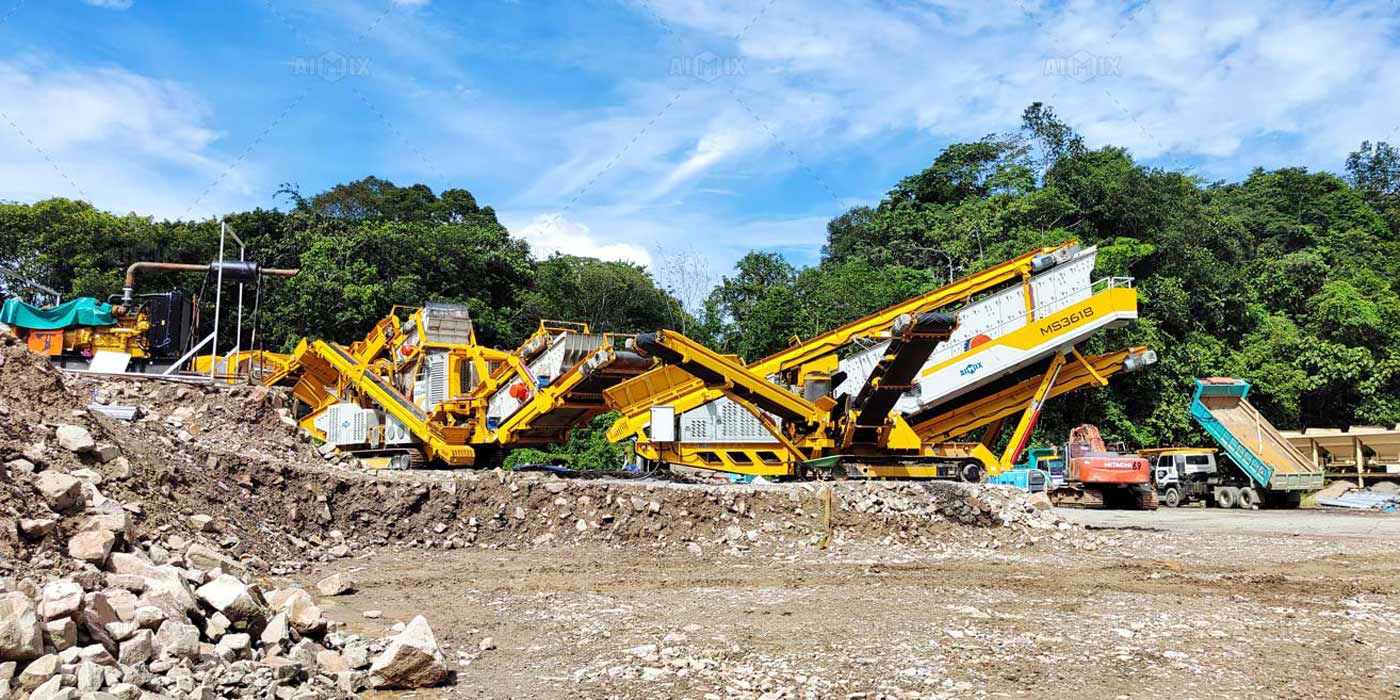
3. Plant Layout and Design
Proper plant design can optimize workflows and reduce bottlenecks. A well-organized layout minimizes material transfer times, ensuring seamless operations. Incorrect positioning of crushers, conveyors, and screens can lead to inefficiencies and higher energy consumption.
Additionally, considering site-specific factors like terrain and available space is essential for effective plant design.
Customized Layout Solutions
AIMIX provides tailored design solutions for stone crusher plants, ensuring maximum efficiency based on your site’s specific requirements.
4. Skilled Workforce and Operational Practices
Even the best equipment and layouts can underperform without a skilled workforce. Operators need proper training to manage the machinery efficiently. Poor operational practices, such as overloading crushers or ignoring alarms, can lead to reduced efficiency and equipment damage.
Investing in training programs ensures operators use equipment correctly and maintain safety standards.
Training Support from AIMIX
AIMIX not only supplies equipment but also offers operator training programs, ensuring your team maximizes the plant’s potential.
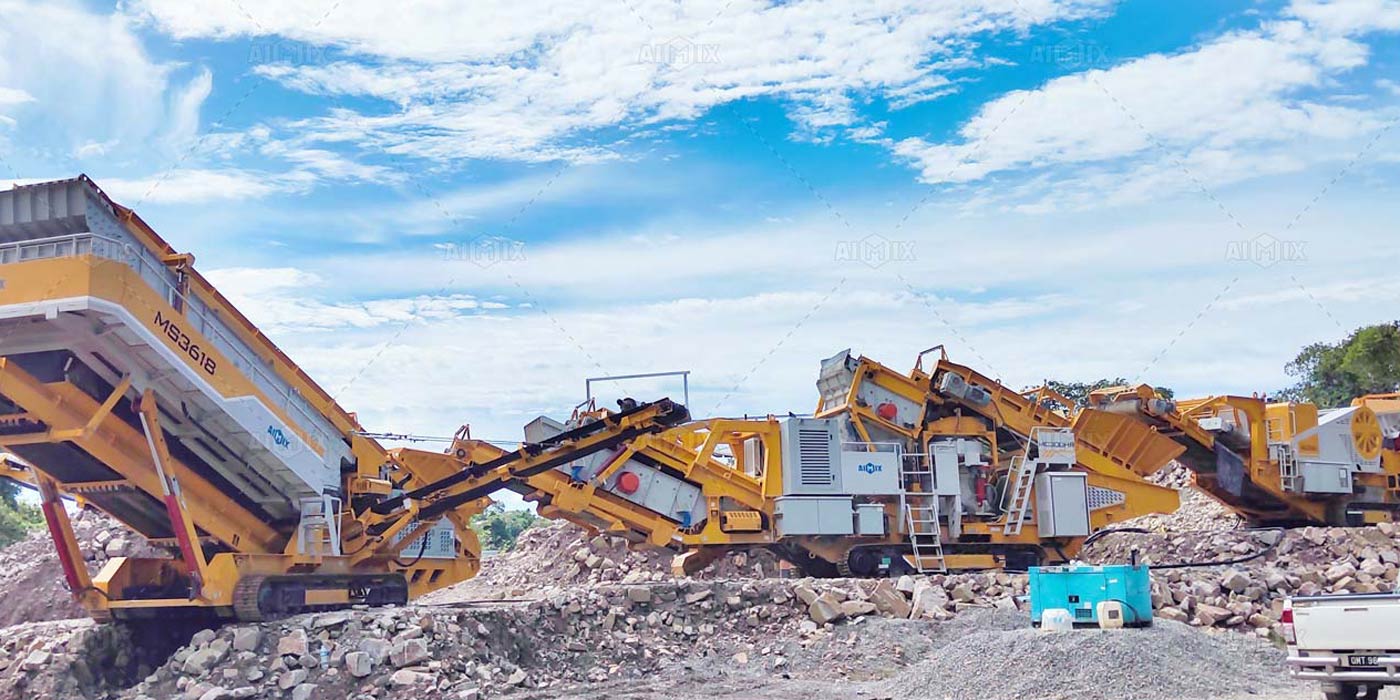
5. Environmental Factors
Environmental conditions, such as temperature, humidity, and dust, can impact a crusher plant’s performance. High humidity can cause materials to stick, reducing processing efficiency. Dust accumulation may lead to machinery wear and tear.
Proper dust control measures and equipment adaptations can mitigate these issues, ensuring steady operations.
Reliable Solutions for Tough Conditions
AIMIX granite crushers are designed to withstand challenging environments, ensuring reliable performance across Indonesia’s diverse climates.
Why Choose AIMIX for Your Stone Crusher Plant?
AIMIX offers comprehensive solutions for stone crushing plants in Indonesia. From high-quality machinery to customized designs and operator training, AIMIX ensures your projects run smoothly. Our local support team understands Indonesia’s unique challenges, delivering fast and effective assistance when you need it most.
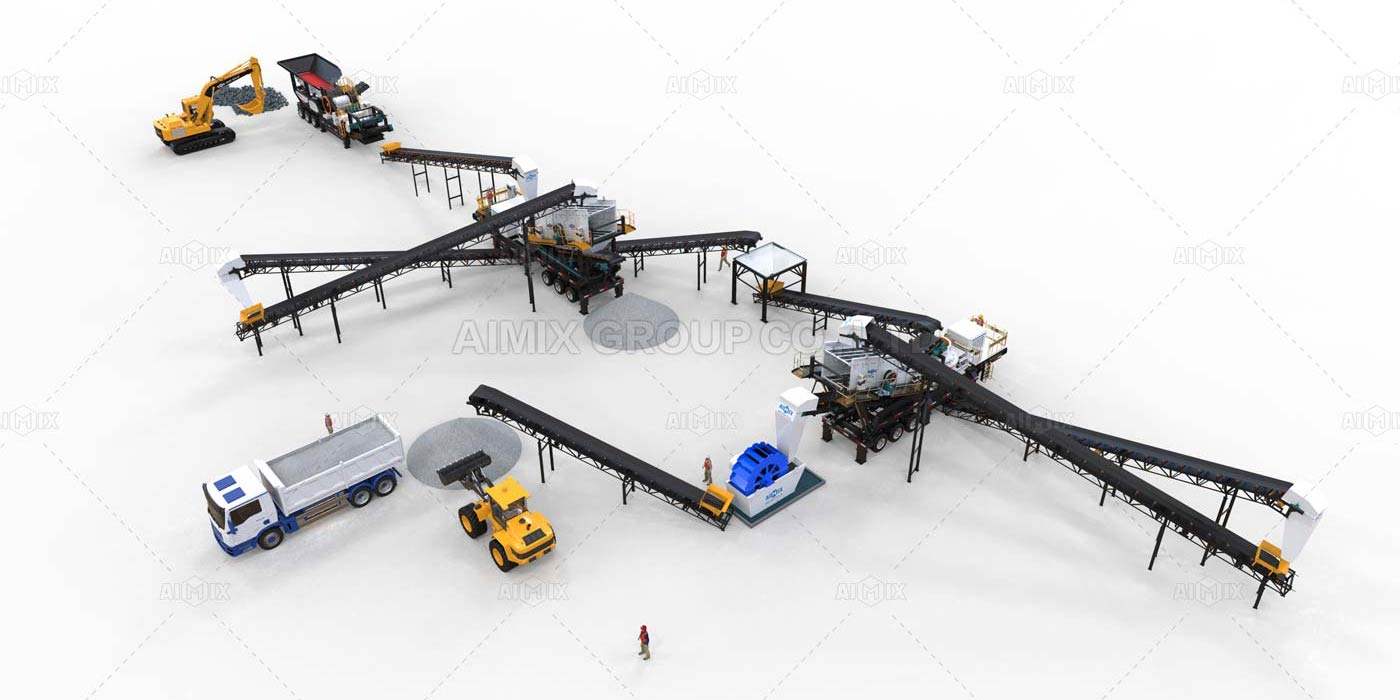
Conclusion
Optimizing a stone crusher plant's output quality and efficiency involves considering multiple factors, from raw materials to equipment and workforce. By addressing these elements, contractors can ensure timely and cost-effective project completion. If you’re looking for a reliable partner to enhance your crushing plant's performance, AIMIX is here to help. Contact us today for tailored solutions that meet your needs.
